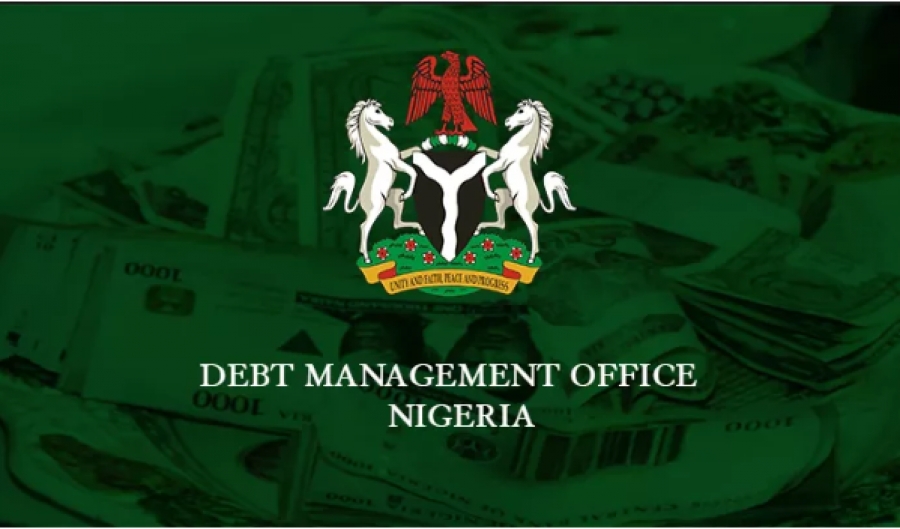CEM REPORT | The Debt Management Office (DMO), has explained that the country does not risk sliding into any form of debt associated distress stating that its $15.9 billion Eurobonds will ensure against it.
The DMO added that the country rather needs to worry about generating significant revenue beyond the current levels.
The DMO in a statement in responds to the comment by a member of the Monetary Policy Committee (MPC) of the Central Bank of Nigeria (CBN), Robert Asogwa.
Asogwa had expressed worry over the federal government appetite for Euro bonds stating that it may likely move Nigeria to debt distress.
“The unexplained government preference of Eurobonds at high interest costs, with the associated exchange rate, risk may likely hurt Nigeria sooner than anticipated.
“The escalating fiscal sector deficits with the attendant rising debt ratios are part of the weak links in the domestic economic environment.
“The poor revenue growth in a period of expanding government expenditures has continued to soar the budget deficit levels in the first quarter of 2022, similar to the trend witnessed in 2021,”
The DMO in its statement noted that, Asogwa’s statements might have been made without consideration for the country’s borrowing needs as captured in the Annual Budgets, Medium Term Expenditure Framework and the Debt Management Strategy.
The DMO further explained that the Federal Government of Nigeria’s (FGN) preferred source of external borrowing is concessional sources rather than commercial sources such as Eurobonds while adding that borrowing needs are derived from the Annual Budgets while the borrowing mix is based on the subsisting Debt Management Strategy.
The statement adds that “one of the objectives of the Debt Management Strategy 2020-2023 is maximising funds available to Nigeria from multilateral and bilateral sources in order to access cheaper and long tenored funds.”
The DMO explaining FG borrowing strategy said the borrowing in the budget could not have been sourced from the Domestic Market stating that it would result to increase borrowing rates.
Furthermore the statement noted that loans from the World Bank which are cheaper were not available for infrastructure and other capital projects.
“Given the size of new borrowings in the Annual Budgets over the years, it would not have been proper for the FGN to raise all the funds from the Domestic Market as this would result in the Government crowding out the private sector and raising borrowing rates. Consequently, some part of the required funding has to be raised externally. While loans from concessional sources such as the International Development Association (an arm of the World Bank) are relatively cheaper as stated above, they are limited in amount. In addition, they are not available for financing infrastructure and other capital projects. Thus, Nigeria accesses concessional and semi-concessional loans as may be available, while issuing Eurobonds to part finance the Annual Budgets and the infrastructure projects contained therein.”












